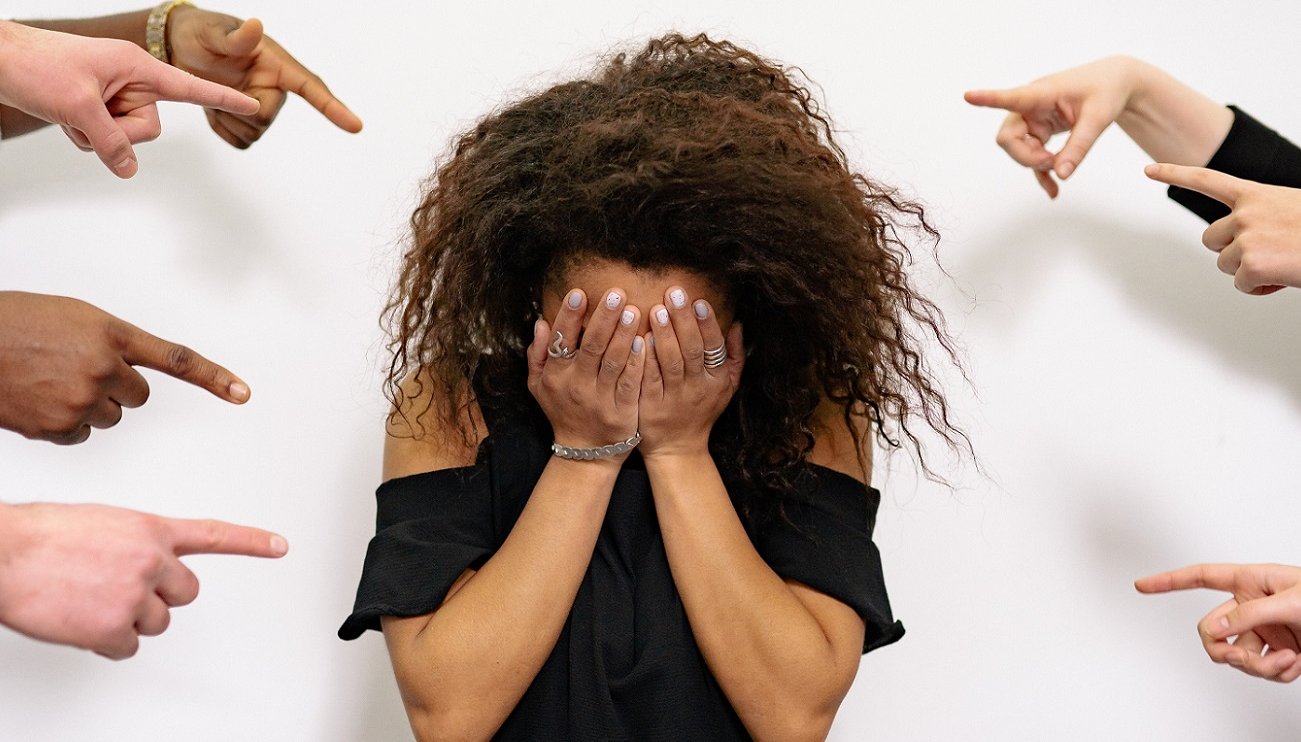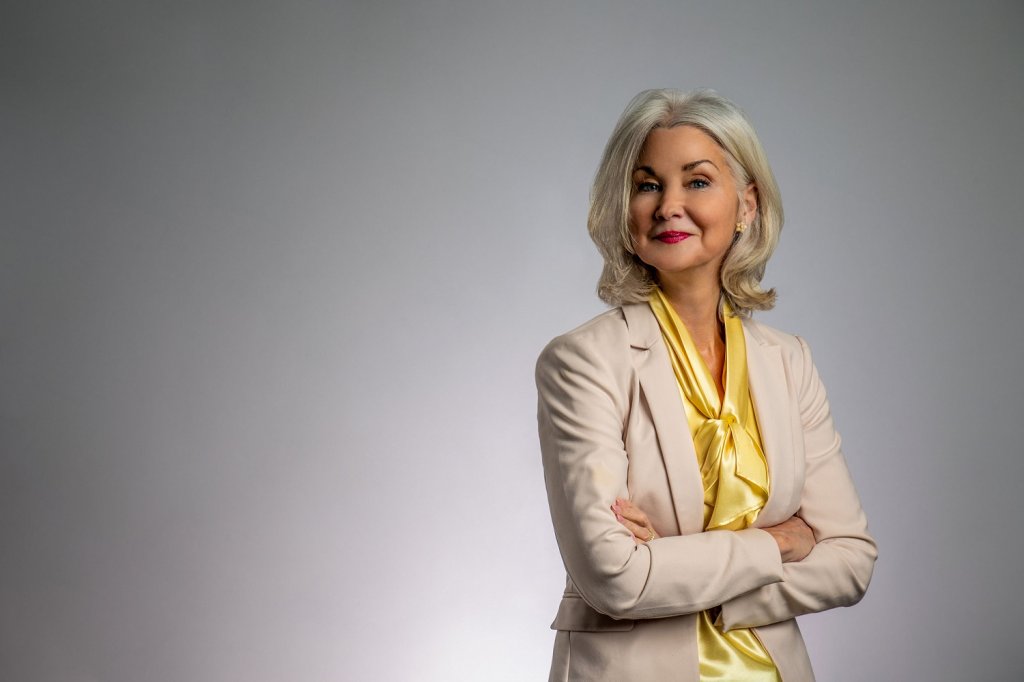What’s harder than public speaking? Watching yourself public speaking! Whenever I give a speech, I get a recording of my presentation. I then work up the nerve to watch. There’s a part of me that really doesn’t want to know how I did. Before I watch, I am in a state of blissful ignorance. And then I roll the tape.
Here we go!
Watching is a form of self-torture. Remember the Tina Fey movie “Mean Girls”? Suddenly, I am my own mean girl. Like Regina George and her high-school clique, aka The Plastics, I relentlessly critique, judge and pick at everything. There is no such thing as hitting below the belt as I critique the sound of my voice (if that’s how I really sound, may I never speak again); and my weight (please, let it be true that the camera adds pounds that aren’t there). Oh, and that actual belt I am wearing—not loving it! Mercifully, the video ends. The images dissolve and with them goes confidence, and any desire to ever stand and deliver again.
Still, I routinely arrange speaking appearances for myself. I get the recordings and I force myself to watch. There is no getting around it. If you want to promote yourself, your ideas and your business, get better at public speaking. The best way to improve is to watch yourself in the act of public speaking. For me, it’s still a bit torturous, but I found a way to make the experience less of a self-smackdown and more productive. It’s a simple approach that helps. (It’s so fetch!)
How to get better at public speaking
As you watch, the key is to remember that public speaking is not about you. That’s a counterintuitive realization because how you look and sound are important, but they are a means to an end. What you say, how you look and what you sound like are how you connect with your audience. The goal of any speech no matter the subject or occasion is to build a connection with your audience. One key theme of “Mean Girls” movie is: Don’t let the haters get to you. I would add, especially when the hater is you.
What to focus on instead
I now watch my recordings not to critique myself but to gauge how my audience is reacting to me. Are they laughing at something I said that was intended to be funny? If not, how should I adapt the joke? Are they nodding their heads as I share a personal story, signaling that they’re relating to my content? Are they taking notes?
I now focus on how I look as it relates to my gestures—pointing at my audience is off-putting while gesturing with open hands draws them in. I look at my face not to dwell on imperfections but to focus on my expressions (I want to smile with my whole face because I see how it’s more engaging). Still, I find my own voice hard to hear—but now, I’m focused on varying the volume and pace because I know this keeps my audience interested and guessing what comes next.
When I take the focus off the superficial stuff and see the presentation as a service to my audience, it’s about them and less about me. The spotlight shines on my audience which also helps to tame speech jitters.
Another lesson from “Mean Girls”: Trash-talking someone else won’t make you any better. Trash-talking yourself certainly won’t either. Roll the tape!
About the author
Leigh Woisard is a 30-year communications professional and Senior Vice President of Corporate Communications for Cox Communications—the largest privately held telecom company in the U.S. Throughout her public relations career, she has counseled government officials, executives and companies such as Stanley Tools, Chili’s Grill & Bar, and the New England Journal of Medicine. Woisard has a passion for helping women and other professionals to be intentional about their careers and about communicating their value. She regularly speaks on topics such as Imposture Syndrome, becoming a better public speaker and self-promotion without selling out.
Woisard is Vice Chairman of The WICT Network, a professional development group dedicated to empowering women in media, entertainment and technology. She was named a 2019 Wonder Woman by Multichannel News and is a Public Relations Society of America Silver Anvil Winner, the most prestigious PR industry award. She has a bachelor’s degree in speech communications from the University of Rhode Island and a master’s in communications management from Syracuse University’s Newhouse School.
Ready to start your speaking career? Check out How to Get Started with Public Speaking as an Entrepreneur.







Add Comment